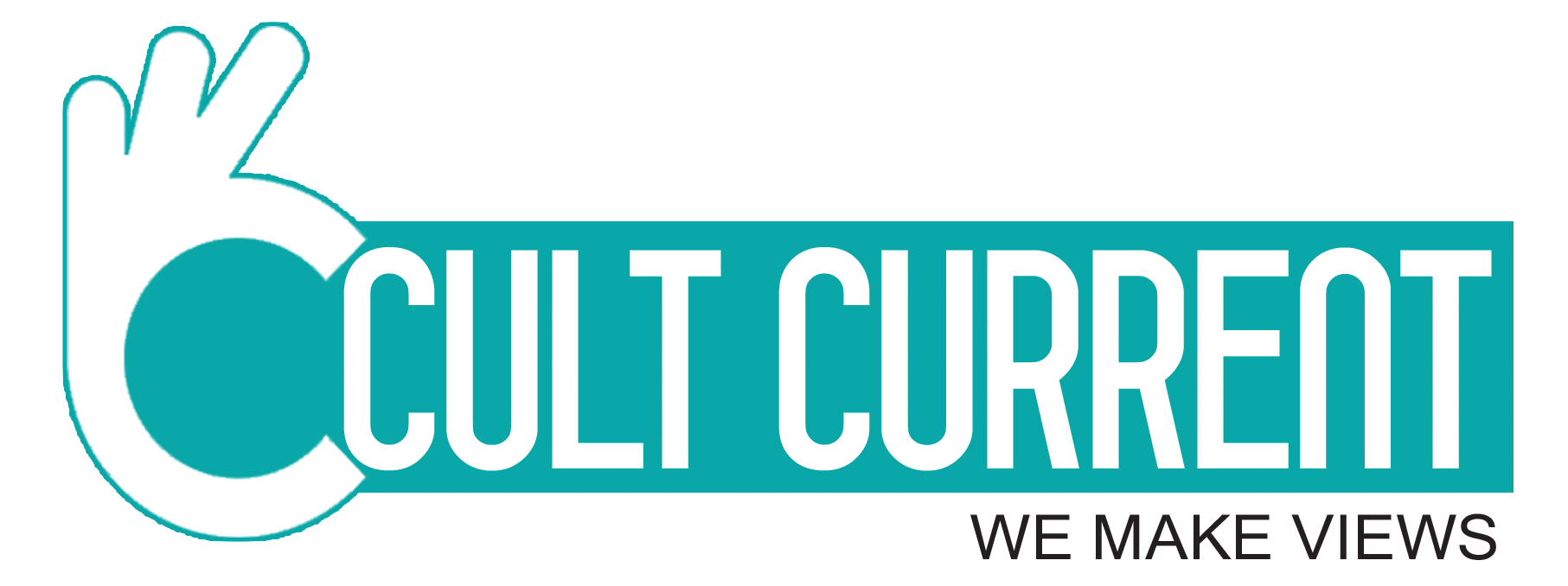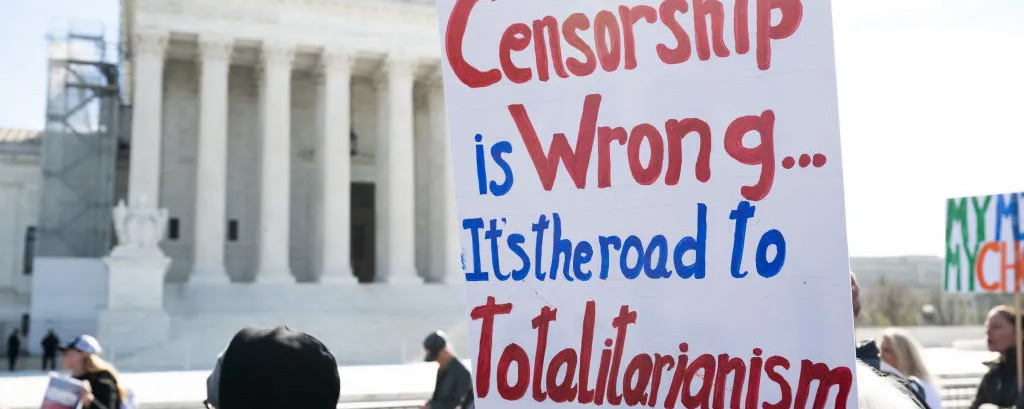Cover Story- Make Media the Enemy Again


The tension between a democratic government and a free press became open hostility under President Donald Trump, whose administration waged an unprecedented assault on media institutions and journalistic integrity. This wasn't just inflammatory rhetoric; it amounted to veiled censorship and intimidation, undermining American democracy and damaging its global reputation as a beacon of free expression.
Trump weaponized the term "fake news," using it to dismiss any critical coverage and branding respected outlets as "enemies of the people." This incited hostility towards journalists, creating a chilling effect and eroding public trust. His administration also took practical steps bordering on censorship, drastically reducing press briefings, restricting access to information, and blacklisting reporters. The revocation of CNN reporter Jim Acosta's press credentials highlighted the administration's willingness to push legal and ethical boundaries to control the narrative.
Trump exploited social media to circumvent scrutiny, using Twitter to bypass traditional media filters and spread misinformation, conspiracy theories, and personal insults. This behavior normalized toxic discourse and deepened societal divisions. His administration also targeted whistleblowers and government leakers, prosecuting more leak cases than any other in American history and stifling investigative journalism, which relies on confidential sources.
Furthermore, the Trump administration suppressed scientific and public health information. During the COVID-19 pandemic, government scientists were sidelined or muzzled, and vital information was distorted to serve political ends, costing lives and demonstrating the dangers of subordinating truth to political expediency.
These actions had global consequences. Trump's combative stance toward the media provided authoritarian regimes with a convenient precedent for silencing dissent and justifying media crackdowns, eroding America's moral authority.
Despite the onslaught, American journalism showed resilience, with investigative reporting uncovering critical issues and media outlets adapting by fact-checking the President and strengthening collaborative reporting efforts. Organizations like ProPublica, NPR, and The Atlantic expanded their roles in maintaining factual integrity and civic accountability.
Though Trump’s influence lingers. Media polarization remains stark, and his continued presence in public discourse ensures that antagonism toward the press endures. Restoring public confidence in journalism and reinforcing the role of the media as a cornerstone of democracy remains a critical challenge.
The Trump administration's antagonistic relationship with the media threatened the democratic fabric of the nation. By undermining journalistic institutions, fostering a culture of fear and misinformation, and attacking the very idea of truth, Trump set a dangerous precedent. The preservation of democracy depends on a free and fearless press, and the lessons of the Trump era must not be forgotten.